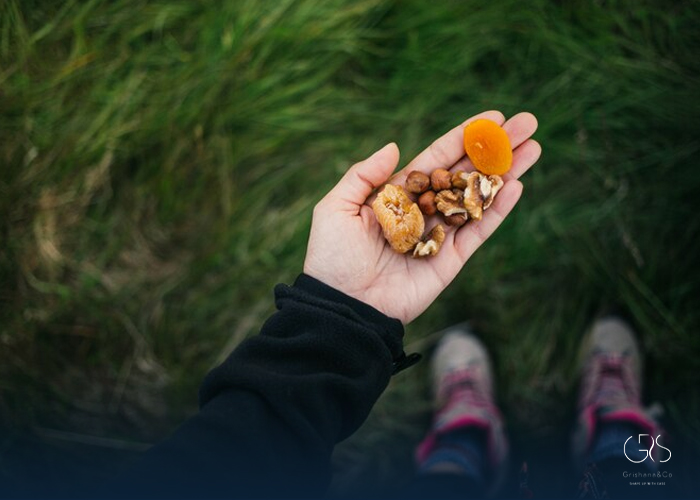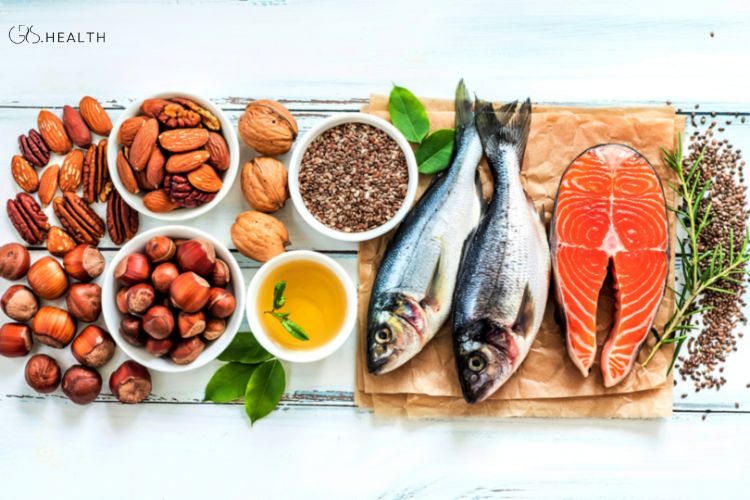Hiking is an excellent way to engage in physical activity, connect with nature, and improve overall wellness. While planning and preparation are crucial for a successful hike, post-hike nutrition often goes overlooked. However, consuming the right foods after a hike is essential for replenishing energy, aiding muscle recovery, and preventing injury. In this article, we will explore the importance of post-hike nutrition, discuss the recommended food choices, and consider diverse perspectives on this topic.
Importance of Post-Hike Nutrition:
After a hike, your body requires replenishment to restore energy levels and facilitate muscle recovery. Engaging in physical activity causes muscle tissue breakdown, dehydration, and depletion of glycogen stores . Providing the body with the right nutrients can maximize the recovery process, reduce muscle soreness, prevent injuries, and promote better long-term health.

Recommended Food Choices:
1.Hydration: Rehydration is crucial after a hike to restore lost fluids. Water is ideal for rehydration, but adding electrolytes or consuming sports drinks can help replace essential minerals and restore electrolyte balance .

2.Carbohydrates: Hiking depletes glycogen stores, which are essential for energy. Consuming carbohydrates post-hike can replenish glycogen stores and aid muscle recovery. Opt for whole grains, fruits, and vegetables as they provide sustained energy and essential nutrients .
3.Protein: Protein is essential for repairing and building muscles. Including lean sources of protein, such as chicken, fish, tofu, or legumes, in your post-hike meal promotes muscle recovery and helps maintain a healthy body composition .
(We suggest checking out our article on high-protein fish.)

4.Healthy Fats: Healthy fats provide essential fatty acids and aid in nutrient absorption. Consuming foods rich in monounsaturated and polyunsaturated fats, such as avocados, nuts, seeds, and olive oil, can support cardiovascular health and provide satiety.
(If you’re interested in olive oil or avocado oil , check out this informative article)
Diverse Perspectives on Post-Hike Nutrition:
- Vegetarian and Vegan Options: For individuals following a vegetarian or vegan lifestyle, plant-based options can deliver essential nutrients. Incorporating legumes, tofu, quinoa, and nuts as protein sources can aid in muscle recovery .
- Cultural Considerations: Different cultures have diverse food preferences. Incorporating traditional food choices can make post-hike nutrition more enjoyable and culturally relevant. For example, including foods like hummus, kimchi, or stir-fried veggies can provide a satisfying and nutritious post-hike meal.
- Allergy and Intolerance Considerations: Many individuals have specific dietary restrictions due to allergies or intolerances. Options like gluten-free grains, dairy alternatives, and nut-free protein sources should be considered for those with dietary restrictions to ensure they receive proper nourishment.
Pre-Hike Nutrition Tips
A balanced combination of carbohydrates and protein is essential for pre-hike fuel, ideally consumed 1-4 hours before the activity. Quick and nutritious options include:
- Peanut butter and banana sandwich
- Greek yogurt with berries
- Pretzels and hummus
- Overnight oats topped with fruit
- A handful of nuts with raisins
These choices provide the necessary nutrients to support sustained energy and muscle function during your hike. It is advisable to avoid heavy or high-fat meals, which can be difficult to digest and may cause discomfort during physical activity. Additionally, it’s important to stick to foods that are familiar and well-tolerated, as trying new foods before exercising could lead to digestive upset.
During-Hike Nutrition Suggestions
When considering what to eat during a hike, prioritizing portability and convenience is crucial. Opt for nutritious and easy-to-carry snacks, such as:
- Bananas for a quick supply of carbohydrates and essential nutrients like potassium, vitamin B6, and vitamin C.
- Trail mix and energy bars with protein.
- Fresh fruits like oranges or grapes.
- Protein sources such as jerky or cheese.
These options will provide the necessary sustenance to keep you energized and nourished throughout your hike.
(Read more about health benefits of vitamin C.)
(If you’re interested in learning more about the health benefits of bananas, consider reading my article.)
(Check out my article on the benefits of grapes.)
Conclusion:
Considering the physical demands of hiking, a well-rounded post-hike meal plays a crucial role in replenishing energy, aiding muscle recovery, and preventing future injuries. Hydration, carbohydrates, proteins, and healthy fats should be the focus to achieve optimal recovery. Additionally, diverse perspectives should be taken into account when providing post-hike nutritional guidance to accommodate various dietary requirements and cultural backgrounds. By paying attention to post-hike nutrition, hikers can maximize their overall hiking experience and maintain long-term health.
Sources
- Mayo Clinic, Nutrition
- American Heart Association, Nutrition Basics
- Harvard Health Publishing, What Should I Eat?
- Verywell Fit, Post Workout: What to Eat and When










